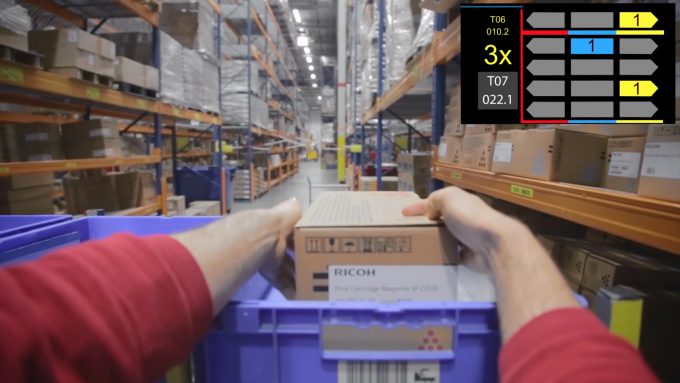DHL Supply Chain acquires US-based IDS Fulfillment for undisclosed amount
PRESS RELEASE DHL Supply Chain Strengthens its Offering to Small and Midsize Companies with Acquisition of ...

DHL Supply Chain is set to significantly expand the use of augmented reality glasses in its warehouse operations in conjunction with technology firms Google, Vuzix and Ubisoft.
The company, the contract logistics arm of Deutsche Post-DHL, is set to test the technology across new sites in ...

Comment on this article